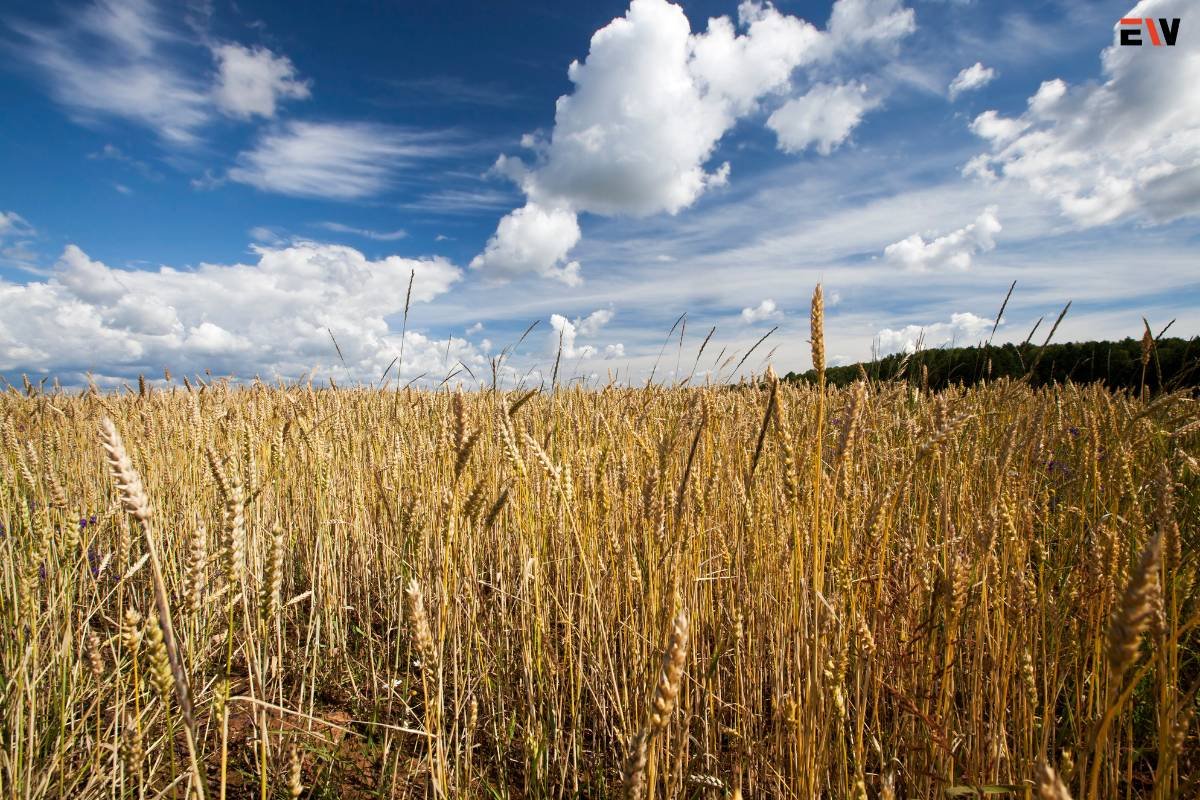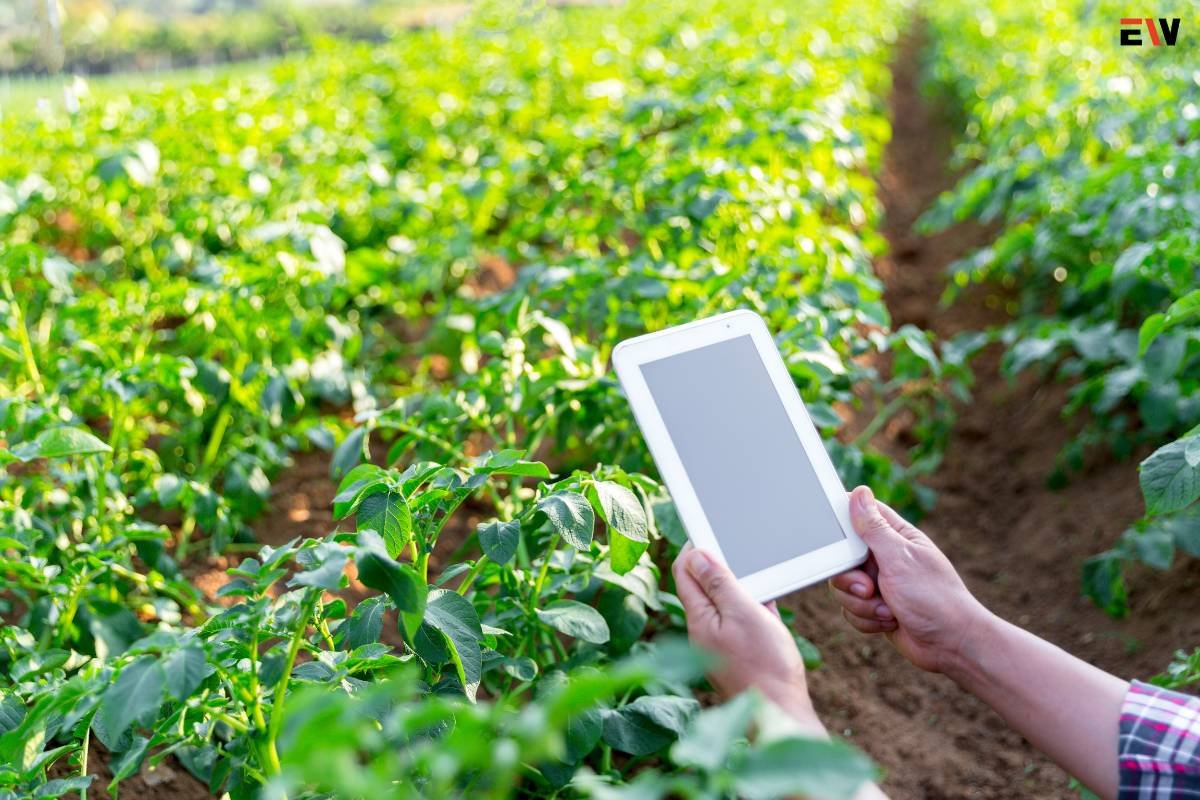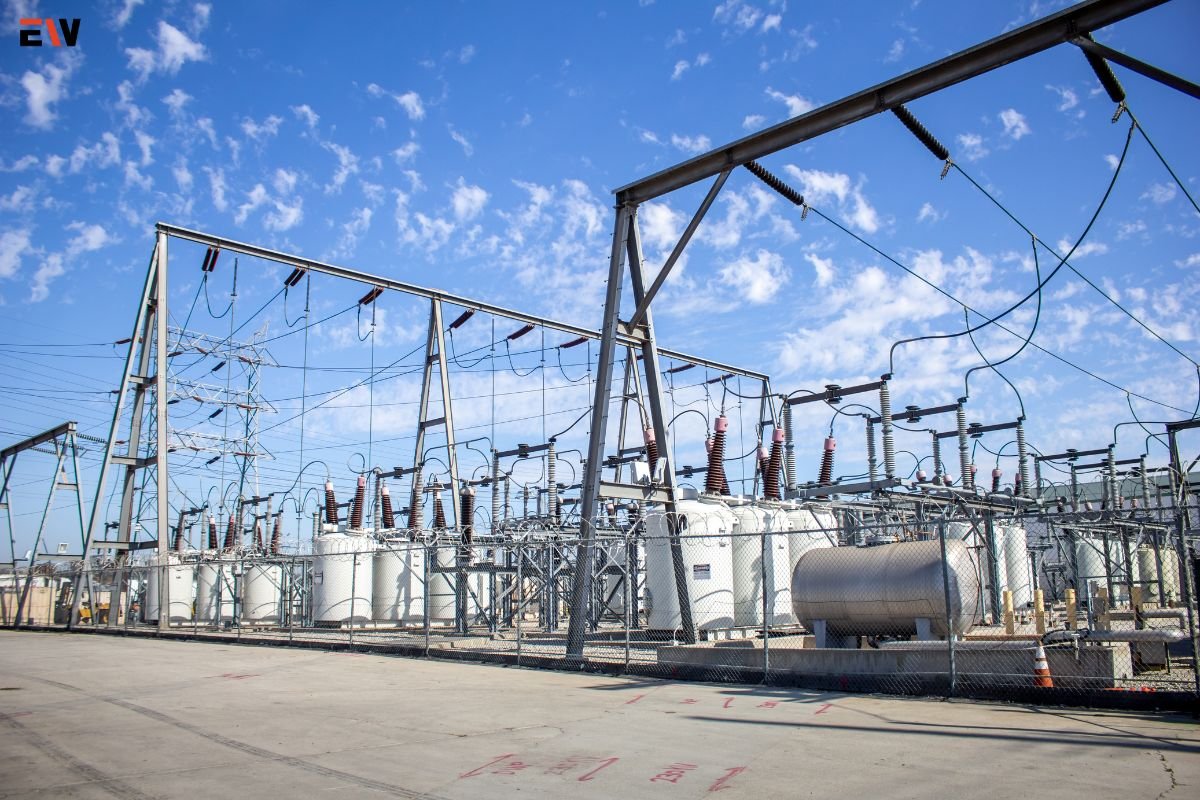In modern agriculture, precision farming stands tall as a transformative approach revolutionizing traditional practices. This innovative methodology harnesses cutting-edge technologies to optimize crop yields, minimize resource usage, and bolster sustainability. By integrating data-driven insights and advanced tools, Precision Farming in Agriculture reshapes the agricultural landscape, promising increased efficiency and ecological balance.
Understanding Precision Farming:
1. Leveraging Data for Informed Decisions:
Precision Farming in agriculture relies on data collection through various sources like GPS, sensors, drones, and satellite imagery. This data empowers farmers to make informed irrigation, fertilization, pest control, and crop management decisions.
2. Targeted Approach to Farming:
Instead of treating entire fields uniformly, precision farming enables farmers to tailor interventions, applying resources precisely where and when needed. This targeted approach optimizes inputs like water, fertilizers, and pesticides, reducing waste and environmental impact.
Precision Farming in Agriculture: Key Technologies
1. Global Positioning Systems (GPS):
GPS technology aids in precise mapping and monitoring of fields, enabling farmers to identify variations in soil characteristics and crop health, facilitating better decision-making.
2. Remote Sensing and Drones:
Utilizing satellite imagery and drones, farmers can obtain high-resolution data on crop health, soil moisture levels, and pest infestations, allowing for early detection and timely intervention.
3. IoT and Sensors:
Embedded sensors in fields collect real-time data on temperature, moisture, and nutrient levels. This data feeds into analytics platforms, providing actionable insights for optimized farming practices.
4. Machine Learning and AI:
Advanced algorithms analyze vast amounts of data, predicting crop yields, and disease outbreaks, and suggesting optimal planting patterns or treatment plans, assisting farmers in maximizing productivity.
Advantages of Precision Farming:
1. Enhanced Crop Yields and Quality:

By tailoring interventions based on precise data, farmers can optimize conditions for plant growth, leading to increased yields and improved crop quality.
2. Resource Efficiency and Cost Savings:
Optimized resource usage, such as water and fertilizers, reduces wastage and operational costs while promoting sustainable farming practices.
3. Environmental Sustainability:
Reduced chemical usage and minimized environmental impact through targeted application of inputs contribute to a more eco-friendly agricultural ecosystem.
Challenges and Future Directions:
1. Accessibility and Affordability:
Adoption of Precision Farming in Agriculture and the related technologies may pose challenges for smaller or resource-constrained farms due to initial investment costs and technological expertise requirements.
2. Data Management and Integration:
Effectively managing and integrating diverse data streams remains a challenge. Interoperability between different technologies and platforms is crucial for maximizing their combined potential.
3. Regulatory Frameworks and Education:
Developing supportive regulatory frameworks and providing education and training to farmers are essential for the widespread adoption and effective utilization of precision farming techniques.
The Future Landscape of Agriculture:

Precision Farming in Agriculture continues to evolve, with innovations constantly reshaping its contours. Future advancements may include more autonomous machinery, enhanced AI-driven decision support systems, and blockchain integration for transparent supply chains. Moreover, collaborations between technology providers, researchers, and agricultural communities will further drive the evolution of precision farming.
Customization and Variable Rate Technology (VRT):
1. Variable Rate Application:
VRT enables farmers to customize the application of inputs based on specific areas within a field, considering variations in soil types, fertility levels, and historical yield data. This granular approach optimizes resource allocation and maximizes yield potential.
2. Prescription Farming:
By creating tailored prescriptions for seeding, fertilizing, and pesticide application, farmers can precisely manage inputs, ensuring that crops receive the exact resources needed for optimal growth at different growth stages.
Integration of Big Data Analytics:
1. Predictive Analytics:
Utilizing historical data alongside real-time information, predictive analytics can forecast potential crop diseases, weather patterns, or market demands, allowing farmers to mitigate risks and make strategic decisions proactively.
2. Farm Management Software:
Integrated farm management software platforms aggregate diverse data sources, providing comprehensive insights into farm operations, simplifying decision-making, and enhancing overall efficiency.
Sustainable Practices in Precision Farming:
1. Conservation Tillage and Soil Health:
Precision farming promotes conservation tillage practices that reduce soil erosion, improve water retention, and enhance soil health, contributing to sustainable land management practices.
2. Precision Irrigation and Water Conservation:
Efficient irrigation systems based on precision farming data reduce water wastage, ensuring optimal moisture levels for crops while addressing concerns related to water scarcity.
Community and Global Impact:
1. Global Food Security:

Precision farming’s potential to increase yields sustainably contributes significantly to global food security, especially in regions facing agricultural challenges due to climate change or limited resources.
2. Knowledge Sharing and Collaboration:
Collaboration between farmers, researchers, and technology providers fosters a sharing of best practices, driving innovation and accelerating the adoption of precision farming techniques worldwide.
Resilience and Climate Adaptation:
1. Climate-Smart Agriculture:
Precision farming equips farmers to adapt to changing climatic conditions by facilitating precise adjustments in farming practices, helping mitigate the impact of climate-related challenges.
2. Carbon Sequestration and Emissions Reduction:
Through optimized practices, precision farming can contribute to carbon sequestration in soils and reduce greenhouse gas emissions associated with traditional farming methods.
Empowering Farmers and Rural Economies:
1. Economic Viability:
Increased yields, cost savings, and improved crop quality bolster farmers’ incomes, contributing to the economic sustainability of rural communities.
2. Rural Development and Employment:
Adoption of precision farming technologies can create employment opportunities in the agricultural technology sector and support the growth of rural economies.
Conclusion:
Precision Farming in Agriculture emerges as a catalyst for a sustainable future, offering a pathway toward increased productivity, resource efficiency, and environmental conservation. As technological advancements continue to propel its evolution, the widespread adoption of precision farming practices holds the potential to transform agriculture fundamentally. By addressing challenges, fostering collaboration, and emphasizing sustainable practices, precision farming paves the way for a more resilient, productive, and environmentally conscious agricultural future.









